Sa'adi's mausoleum in the southern city of Shiraz will host the festivities on April 20 and 21, with dozens of country officials and prominent artists and scholars attending the ceremonies. During the two-day ceremonies, academic conferences, traditional music concerts, art performances well as photography and calligraphy galleries will be held at the Sa'di mausoleum.
National Day of Sa’adi Shirazi, Master of Persian Prose and Poetry
Iranian poet Sa'adi, from the 13th century, is one of the major influential Persian poets of the medieval period. He is recognized in the literary world for the quality of his writing style and in the spiritual realm for the depth of his thoughts. Saadi distinguished between the spiritual and the practical or mundane aspects of life.
One of the Greatest Persian Books of All Time! Born in Shiraz, Iran, in 1184, Saadi is considered one of the greatest Persian poets of all time. Saadi's two books, the poetic Bostan, or Orchard (in 1257), and the prose Gulistan, the Rose Garden (in 1258), are regarded as supreme accomplishments of Persian literature. Originally written in Persian, Sa'di's Gulistan and Bustan have also been translated into all the prominent languages of the world including English, Arabic, Hindi, Urdu, French, German, Bengali, Russian, Turk- ish and even Latin.
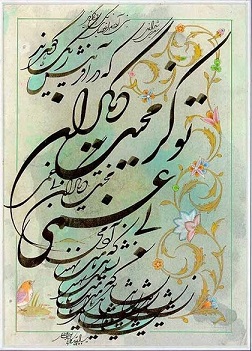
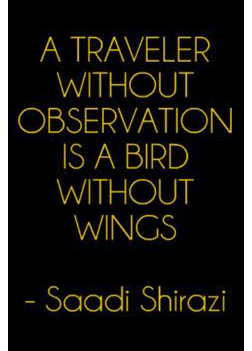
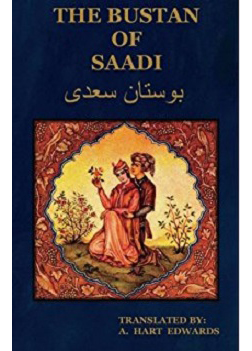
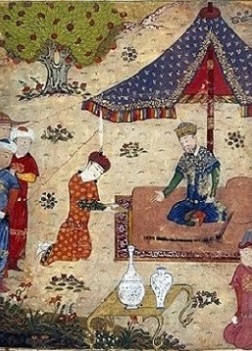
His best known works are Bustan ("The Orchard") completed in 1257 and Gulistan ("The Rose Garden") in 1258. Bustan is entirely in verse (epic metre) and consists of stories aptly illustrating the standard virtues recommended to Muslims (justice, liberality, modesty, contentment) as well as of reflections on the behaviour of dervishes and their ecstatic practices. Gulistan is mainly in prose and contains stories and personal anecdotes. The text is interspersed with a variety of short poems, containing aphorisms, advice, and humorous reflections. Saadi demonstrates a profound awareness of the absurdity of human existence. The fate of those who depend on the changeable moods of kings is contrasted with the freedom of the dervishes.
Bustan and Gulistan have a special attraction; but Saadi is also remembered as a great panegyrist and lyricist, the author of a number of masterly general odes portraying human experience, and also of particular odes such as the lament on the fall of Baghdad after the Mongol invasion in 1258. His lyrics are to be found in Ghazaliyat ("Lyrics") and his odes in Qasa'id ("Odes"). He is also known for a number of works in Arabic. The peculiar blend of human kindness and cynicism, humour, and resignation displayed in Saadi's works, together with a tendency to avoid the hard dilemma, make him, to many, the most typical and loveable writer in the world of Iranian cultureAlexander Pushkin, one of Russia's most celebrated poets, quotes Saadi in his masterpiece Eugene Onegin [1as Saadi sang in earlier ages,
"some are far distant, some are dead"
The same poem is used to grace the entrance to the Hall of Nations of the UN building in New York.



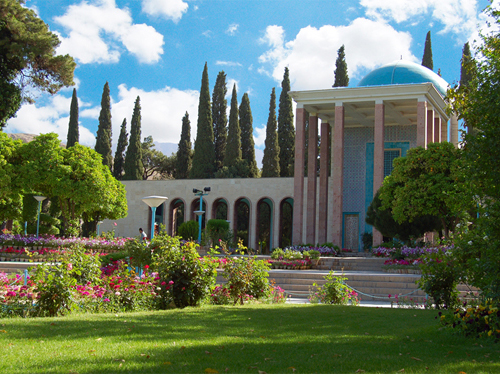




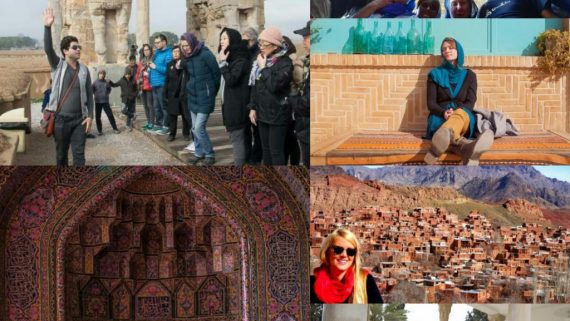


Comments
No comment yet.